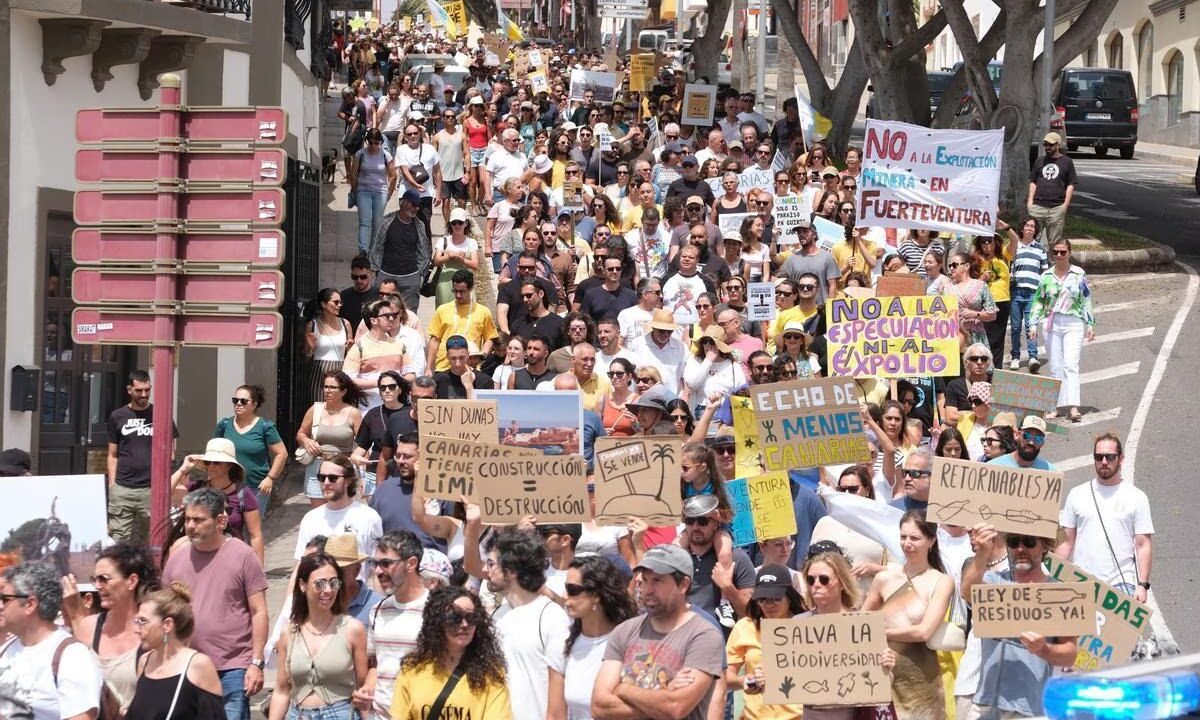
Rallies against mass tourism recently took place in Alicante, reflecting a broader trend of protests in various cities in Spain. Similar demonstrations have also taken place in Barcelona, Palma de Mallorca and other popular tourist destinations. The reasons for these protests are multi-layered and include social, economic and environmental aspects.
Reasons for protests
1. *Rising rents and housing costs: One of the major factors causing dissatisfaction among locals is the rising rents and housing costs. With the increasing flow of tourists, many property owners prefer to rent out their apartments and houses to tourists through platforms like Airbnb, which brings them more income compared to long-term rentals. This leads to a decrease in affordable housing for the local population and an increase in rental prices.
2. *Overpopulation and deterioration of the quality of life: Mass tourism leads to overcrowding in cities, especially during the summer months. Local residents complain about congested public transportation, long queues at stores and tourist attractions, and noise and disturbance caused by tourists. As a result, the quality of life of the local population suffers.
3. *Environmental Impacts: Tourism has a significant impact on the environment. Large flows of tourists lead to pollution of beaches, parks and other natural sites. In addition, the infrastructure of many cities is not designed for such loads, which leads to the deterioration and destruction of historical monuments and other cultural heritage sites.
The goals of the protesters
1. *Regulation of short-term rentals: Protesters are demanding strict regulations and restrictions on short-term rentals. This includes mandatory licensing for property owners, limiting the number of days a property can be rented out to tourists, and increasing taxes on short-term rental income.
2. *Reduction in tourist flow: Many activists are in favor of reducing the number of tourists. This could be accomplished by imposing quotas on tourist attractions and restrictions on the number of cruise ships docking at city ports.
3. *Investment in infrastructure*: Protesters are demanding that the authorities increase investment in the city’s infrastructure. This includes improving public transportation, building new parks and recreation areas, and repairing and maintaining historical sites.
4. *Development of alternative types of tourism: Diversification of the tourism industry is an important goal. Activists propose to develop ecotourism, cultural tourism and agro-tourism, which have less impact on the environment and local communities.
Reaction of the authorities
Authorities in Alicante and other Spanish cities have already begun to take steps to address the problems associated with mass tourism. New laws and regulations have been introduced to regulate short-term rentals, improve urban infrastructure and protect the environment. However, many activists consider these measures insufficient and continue to push for stronger action.
Rallies in Alicante and other Spanish cities reflect the growing dissatisfaction of the local population with mass tourism. People are demanding that the authorities take measures to protect their interests and improve their quality of life. The solution to this problem requires a comprehensive approach, including regulation of the tourism industry, investment in infrastructure and the development of alternative forms of tourism. It is important to find a balance between economic benefits from tourism and preserving the comfort and well-being of local residents.

